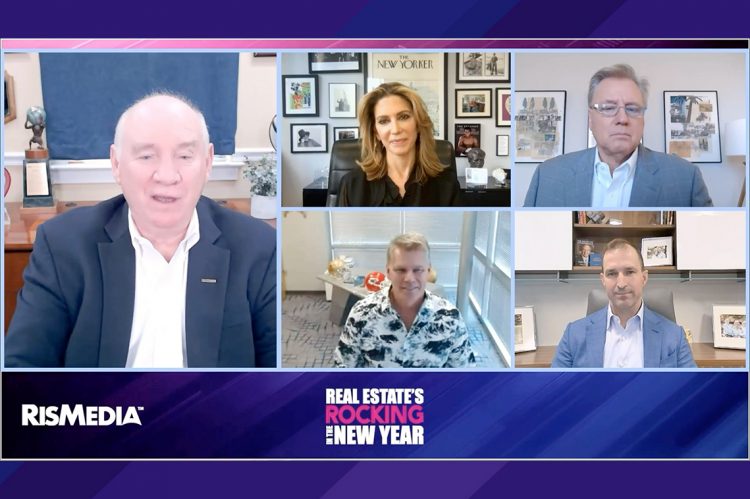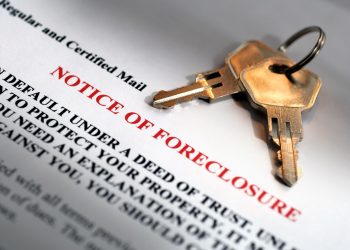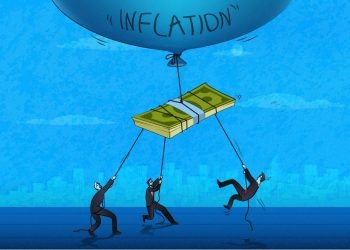Strategies to thrive in a shifting market, how newer agents can best be mentored, and ways to optimally use tech tools were the major talking points for four company leaders at RISMedia’s Real Estate’s Rocking in the New Year virtual conference, held earlier this month.
Elevate Your Buyer Consultations with Client One Sheets
Treat buyer counseling sessions with the same importance as a listing presentation. Learn to highlight what differentiates you from other buyer agents with the Accredited Buyer’s Representative (ABR®) designation. Learn more.
Business Tip of the Day provided by
Categories
The Most Important Real Estate News & Events
Click below to receive the latest real estate news and events directly to your inbox.
By signing up, you agree to our TOS and Privacy Policy.













